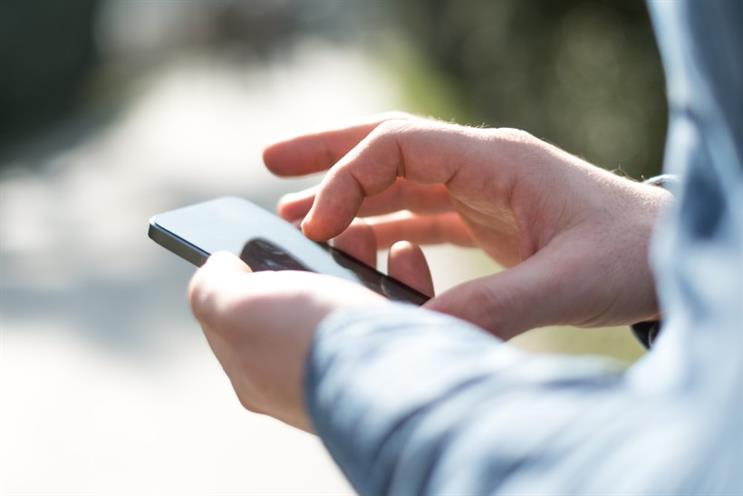
The most updated version allows users to take photos through WhatsApp as usual, then embellish them with emoji, graffiti and text.
WhatsApp always allowed users to take selfies with the front-facing camera, but has now enabled flash to improve the quality shots.
Additional functionality makes it easier to switch between the front and rear cameras by tapping the screen, and users can zoom in while taking video.
The new version of WhatsApp rolls out to Android phones first, then to iPhone.
The future of messaging

The most obvious inspiration for WhatsApp's changes is Snapchat, despite the latter being a fraction of the size. WhatsApp hit the one billion user milestone earlier this year, and claims to host 1,100 calls a minute. Snapchat has 150 million daily users, primarily in North America.
That WhatsApp sees the need to mimic its smaller competitor is indicative of how quickly the messaging space is evolving beyond text.
Rivals including Viber and Line have introduced more "fun" features such as the ability to draw pictures using your fingers. WhatsApp's parent company Facebook has also overseen Snapchat-like additions to Messenger and Instagram.
In July, Messenger got self-deleting messages, aping Snapchat's most original feature. In August, Instagram launched Stories, a disappearing sequence of messages similar to Snapchat Stories.
Meanwhile, Google has launched a new visual messaging app called Allo, while Apple has updated iMessage to offer smart emoji, finger writing and other creative features.
Fending off Snapchat
WhatsApp, interestingly, has made its changes just as it plans to roll out ads on its service for the first time. It's possibly the hitherto bare-bones service is building out its features in an effort to boost time spent on its app, and attract brands.
And while Snapchat might be dominant among young consumers in Western markets, WhatsApp is considerably better known in emerging markets.
The changes mean WhatsApp can introduce Snapchat-like features to markets which have never had exposure to Snapchat, cementing its global dominance.
While the messaging space is evolving quickly for consumers, there's less certainty about how useful it is for brands.
The introduction of bots on Messenger has seen brands experimenting with talking to consumers directly. In recent months, Manchester City, Channel 4 and Domino's have all launched brand bots.

